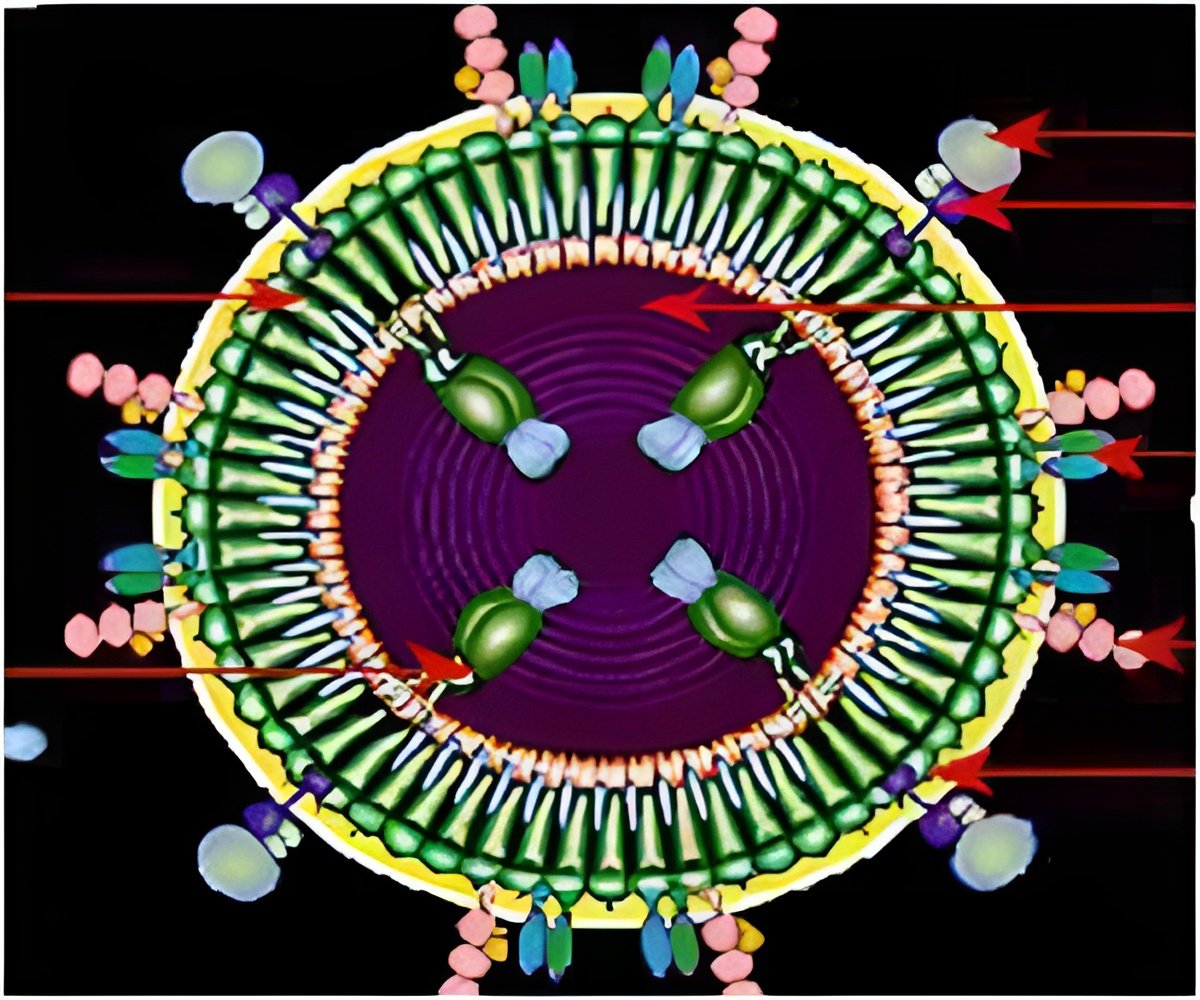HIV builds a persistent reservoir of infected cells providing a potential target for future therapy, reveals study.

TOP INSIGHT
Cells infected with HIV can activate a cellular program that is capable of surviving indefinitely.
In collaboration with a group led by Steve Carr, PhD, from the Broad Institute of MIT and Harvard, Lichterfeld and colleagues used quantitative liquid chromatography-tandem mass spectrometry (LC-MS/MS)-based proteomics to take a detailed look at the proteins that were increased in cells infected with HIV. They found that BIRC5 and its partner OX40 were both involved in these cells' long-term survival.
BIRC5, also known as "survivin" is part of a family of molecules involved in cell death. It is naturally expressed in stem cells during embryonic development but generally turned off in adult cells. One exception to this generality is cancer: cancer cells frequently turn BIRC5 back on and its presence is associated with resistance to chemotherapy. The new study shows BIRC5 may also help HIV-1-infected cells to escape cell death, and contribute to the ability of viral reservoir cells to persist for decades despite effective antiretroviral therapy.
In recent years, clinicians have reported cases of patients with HIV who have had aggressive chemotherapy that has temporarily reduced viral levels to undetectable levels, but HIV has rebounded in these patients. The current study points to a new approach: inhibition of the BIRC5-OX40 pathway may help reduce reservoirs of infected cells, and potentially offer a path forward to eliminating these persisting cells.
 MEDINDIA
MEDINDIA




 Email
Email









